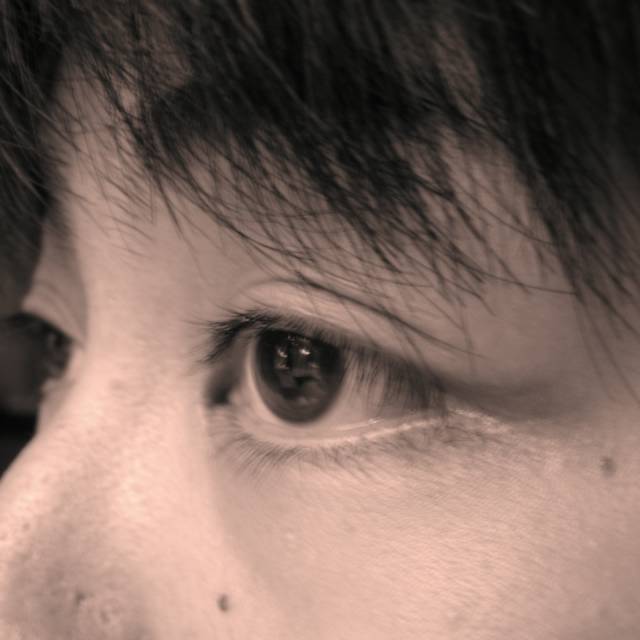editor's agony (hah)
In my creative writing class, we are attacking our third assignment--creative nonfiction. For those who aren't familiar with the term, creative nonfiction refers to the genre that includes memoir, personal essays, nature writing, biography, historic nonfiction, and so forth. We have completed our first draft, and are currently critiqueing our peers' drafts. And, oh, boy, they're bad. Their memoirs/personal essays are all worse than their poetry or their fiction: even the girl whose short story was quite a delight to read, wrote a memoir of a significantly lower quality. Many others are sheer torture to read through, much less to come up with what is called a "constructive criticism," which I didn't find too difficult (or boring) in the cases of poetry and fiction. I'm wondering why--why are the creative nonfictions by the same people are considerably lower in quality, compared to their fictious writings?
Tentatively, they seem to be suffering from two opposite problems.
a) Lack of coherence.
Some essays just meander through their authors' lives, without allocating much attention to the details or the significance of each event. Hence, they end up being a lengthy, boring resume of their lives, not a vivid snapshot of a specific period. When I discuss their works in a peer workshop today, I'll have to watch my mouth lest it say "I'm not a psychiatrist or a recruiter. I have no interest in your life unless you present it in an engaging fashion."
b) "Now I know better. I've grown up" syndrome.
The ones that have coherence tend to have too much of it, or to state it too explicitly. One essay ponders on whether a horrible accident that happened to the author's little sister was a will of God or not. The thought, however legitimate it might be, is not well integrated into the entire essay. It is as if the author felt the necessity to label her experience with an easy-to-understand meaning, and hastily attached the God question to it. Another essay reflects upon the auhor's awkward high school days. Aside from the meandering problem, her essay suffers from the author's contempt on her "older self," making her sound preachy. "I was weird and had hard time blending in, for such and such reasons, but looking back, I should have known better" keeps coming back again and again, banning the readers to sympathize with the personality described in the essay. To make matters worse, the more the writer tries to distinguish who she is now from who she used to be, the moer it becomes clear that she still is the same, at the root, as what she likes to think she has gotten over with. It is sad.
It seems that the American essay education is taking its toll here. Because of the emphasis they place on the clear and identifiable thesis statement in (non-creative) essays in high schools and colleges, student writers are feeling compelled to bluntly present one in their creative essays. Their essays are like an unfortunate chimera of a formal essay and a personal journal. I'm sorry for our teacher, who has to read about twenty of them, and has to find ways to salvage the unsalvageables.
After writing this, though, I'm still not convinced as to why the essays were so much worse. Lack of perspective, nonexistent unifying idea, excessive explication... they seem to be only a part of a larger problem. What could that be...



0 Comments:
Post a Comment
<< Home